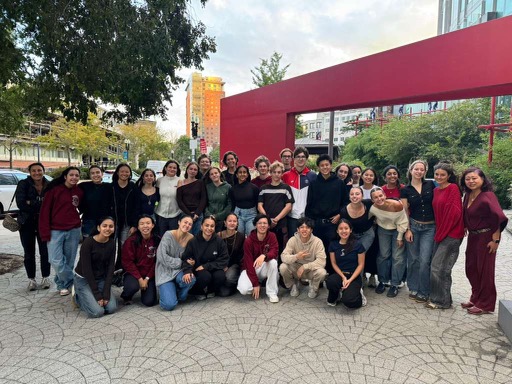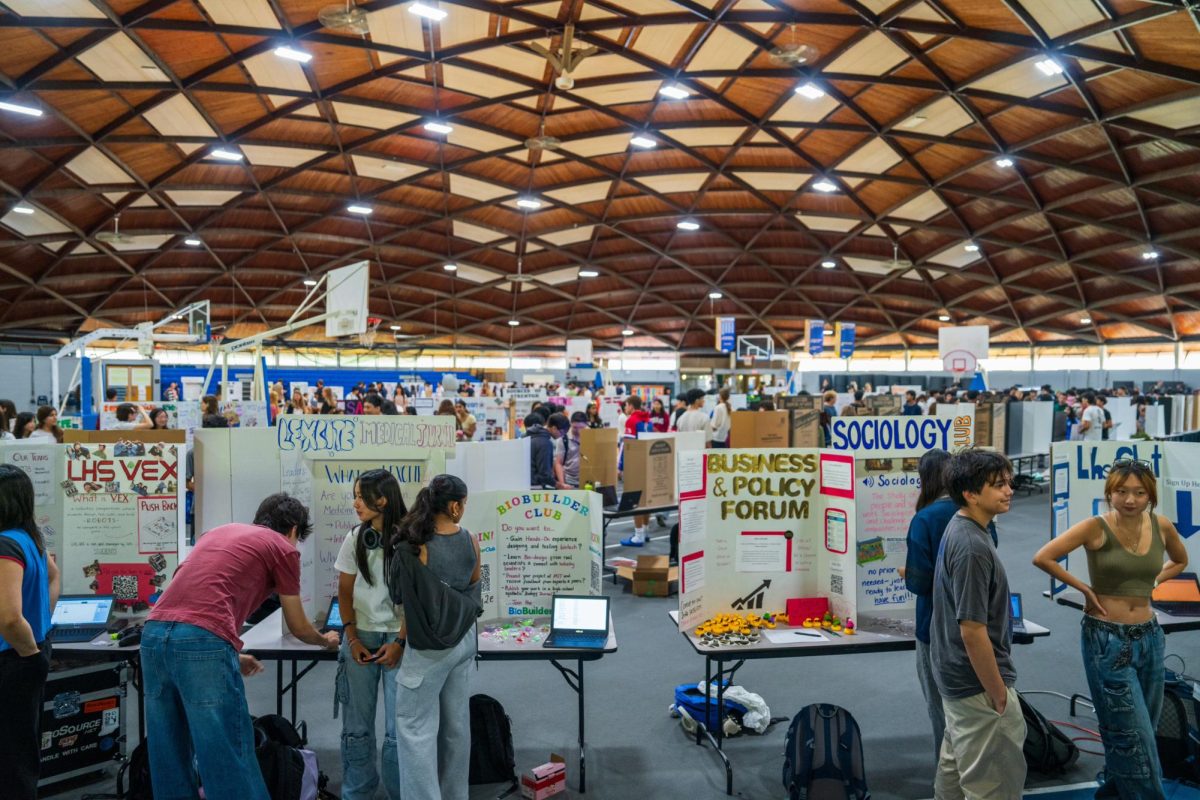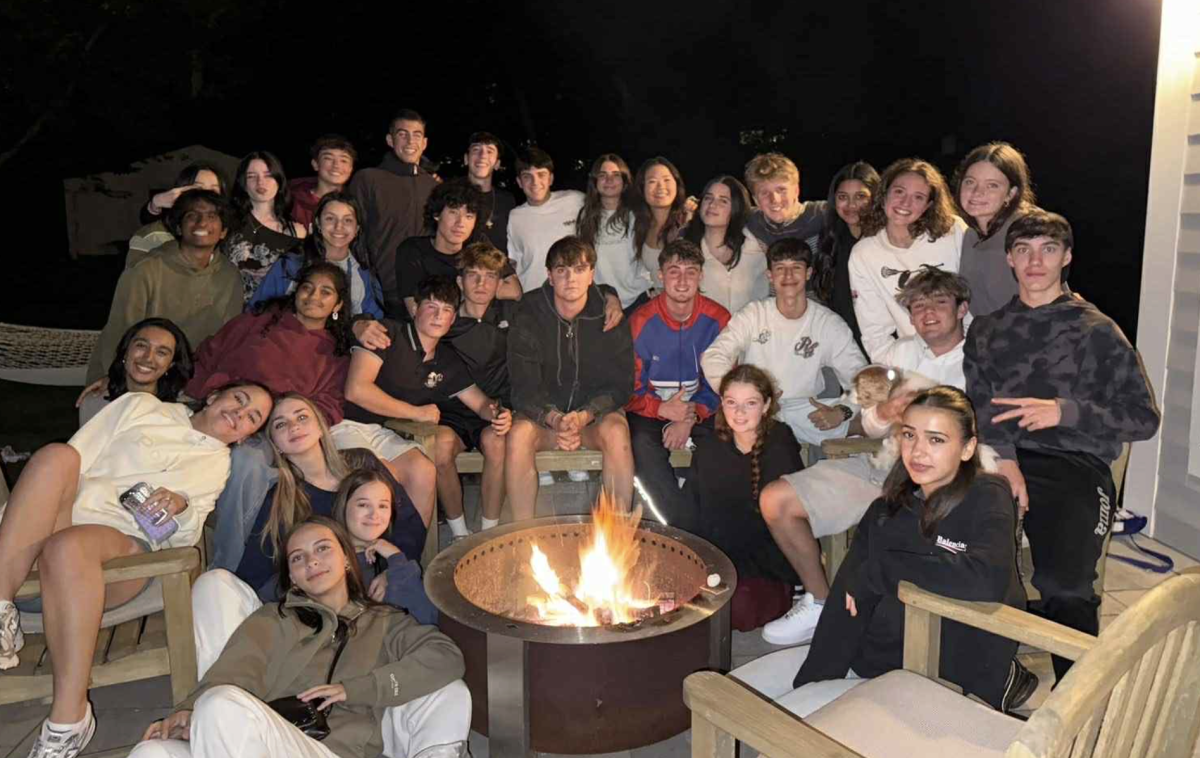In early Jan. 2024, Lexington High School’s AP Human Geography class participated in a field trip to Hornstra Farm, a small family business in Norwell, Massachusetts, that opened in 2008. Because they were studying agricultural sciences, students were given the opportunity to apply what they have learned by exploring the farm’s local business model.
AP Human Geography is a social studies elective offered to seniors at LHS that introduces students to college-level geography skills. It covers the variety of ways human society has developed on the surface of Earth, such as migration patterns, population, and land use. The class, taught by Nicholas Akers, allows students to analyze how geographers view the history of the world.
“Human geography teaches us that we need to be more sustainable in our practices and understand, for example, where our food comes from,” Akers said.
Since classes are typically spent learning about topics in the textbook and completing worksheets, students were thrilled about the chance to experience real-world applications of their knowledge. The trip consisted of a tour that explained the process of dairy farming, where students were able to feed the cows, try fresh milk produce, and learn about the farm’s economic development.
“My favorite part was seeing the students when they got to actually feed the adult cows and pet them. And then just tasting some of the amazing products in the shop, [including] chocolate and ice cream made from their local milk,” Akers said.
Students also learned about how local farms manage their food supply system in a competitive market. In the aftermath of the COVID-19 pandemic, dairy farms such as Hornstra Farm have struggled to profit from their produce. By visiting the farm, students witnessed how small farmers in Massachusetts are facing greater economic challenges than ever, while bigger farms in the Midwest dominate the agricultural industry.
“The trip connected to how the small farms have cut corners and have been smart about every way that they spend money and allocate their resources in order to maximize their profits,” Zareh Dechkounian, an AP Human Geography student, said.
The tour revealed the many ways Hornstra Farm has had to adapt over time. To avoid competing with larger farms, they sold to a target group of customers that preferred specialized products like organic milk. To avoid the cost of third-party companies, they also sold their own manufactured goods, a process involving pasteurization, bottling, and distribution.. Students also noticed that the farm was technologically advanced, with machines that helped limit the cost of human labor.
“My main takeaway was really how agricultural businesses operate, especially the local family-run businesses that are much smaller. It was really cool to learn how the smaller businesses are staying afloat and how the government is helping them,” Dechkounian said.




